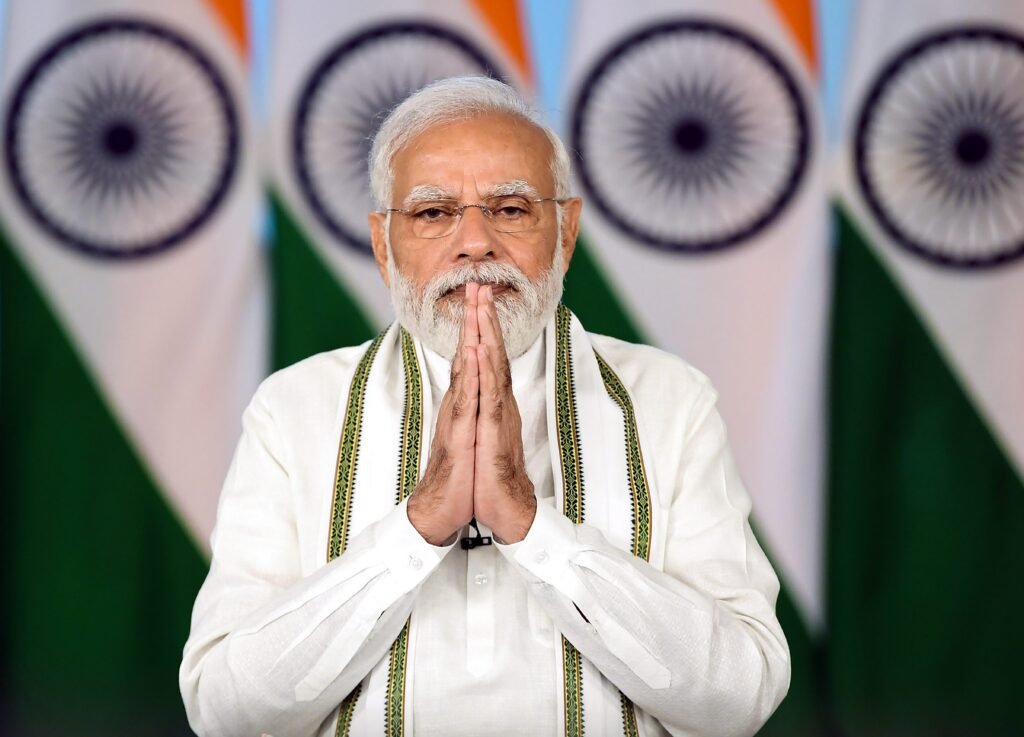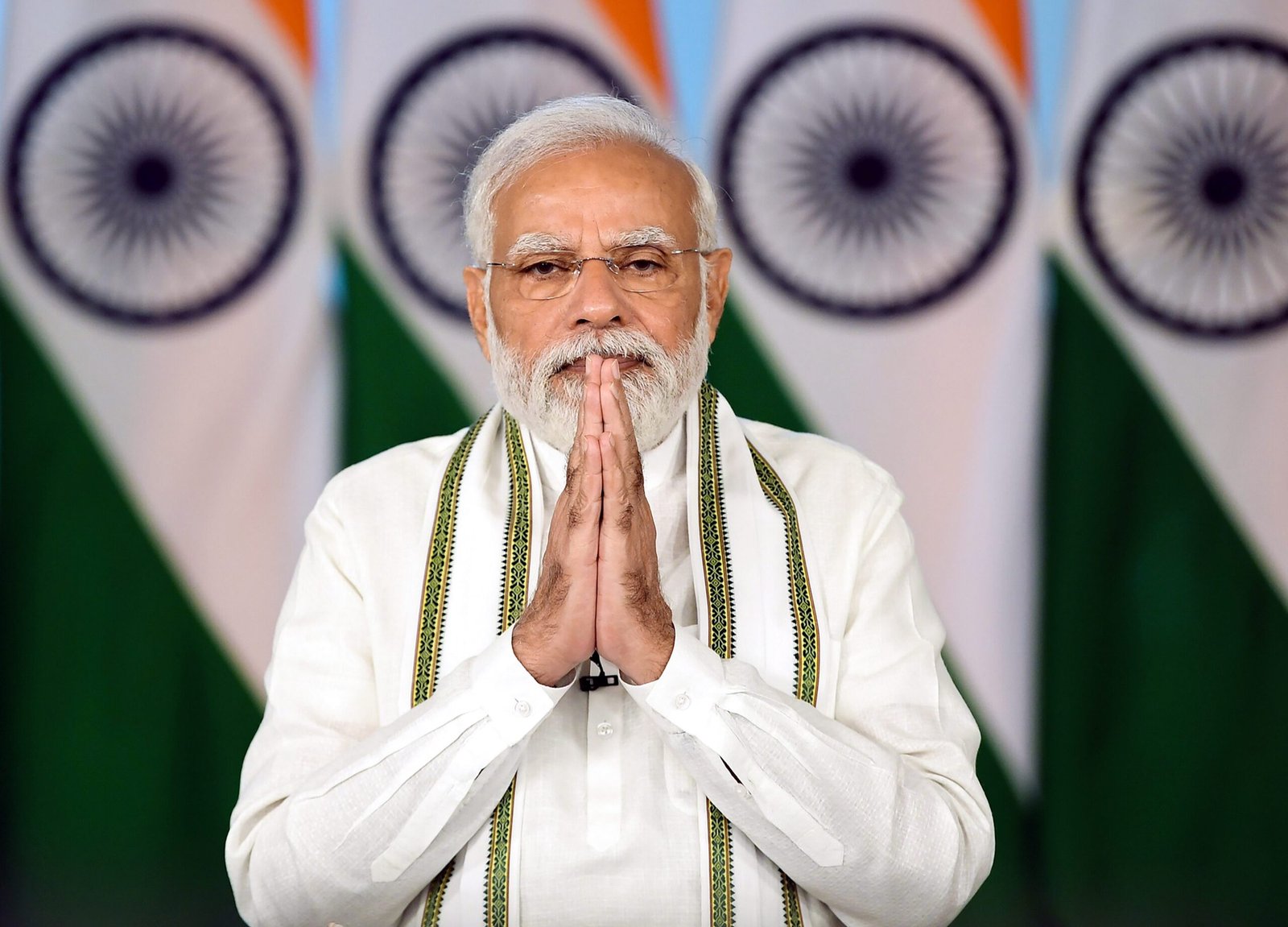
On March 26, 2025, Bangladesh celebrated its National Day, marking 54 years since its independence in 1971. This significant occasion not only commemorates the nation’s liberation but also underscores the enduring bonds between Bangladesh and India, forged through shared history and mutual sacrifices.
In a heartfelt letter addressed to Bangladesh’s Chief Adviser, Nobel laureate Professor Muhammad Yunus, Indian Prime Minister Narendra Modi conveyed his felicitations, emphasizing the deep-rooted ties between the two nations. He remarked, “This day stands as a testament to our shared history and sacrifices, which have laid the foundation of our bilateral partnership. The spirit of the Liberation War of Bangladesh continues to remain a guiding light for our relationship, which has flourished across multiple domains, bringing tangible benefits to our people.”
Prime Minister Modi further reiterated India’s commitment to advancing this partnership, highlighting aspirations for peace, stability, and prosperity, grounded in mutual sensitivity to each other’s interests and concerns.
President Droupadi Murmu also extended her greetings to her Bangladeshi counterpart, Mohammed Shahabuddin, reaffirming India’s support for a democratic and progressive Bangladesh. She noted, “India-Bangladesh relations are multi-faceted, with our cooperation encompassing diverse areas such as trade, multimodal connectivity, development partnership, power and energy, education, capacity building, cultural cooperation, and people-to-people exchanges.”
The backdrop to these communications is the recent political transition in Bangladesh. In August 2024, following weeks of protests and unrest, Prime Minister Sheikh Hasina resigned and sought refuge in India. Subsequently, Professor Muhammad Yunus was appointed as the head of the interim government, tasked with restoring stability and organizing fresh elections.
This transition was marked by significant challenges, including violent protests that resulted in numerous casualties and targeted minority communities. The international community, including India, expressed concerns over the safety of all citizens and the importance of democratic processes.
Prime Minister Modi’s outreach to Professor Yunus on Bangladesh’s National Day signifies India’s intent to maintain and strengthen bilateral relations amidst these changes. The emphasis on shared history, particularly the Liberation War of 1971, serves as a reminder of the collaborative efforts that led to Bangladesh’s independence and the foundational principles of the relationship between the two countries.
As Bangladesh navigates its path forward under interim leadership, the messages from Indian leaders underscore the importance of continued cooperation, mutual respect, and a shared vision for regional stability and prosperity.
















Leave a comment